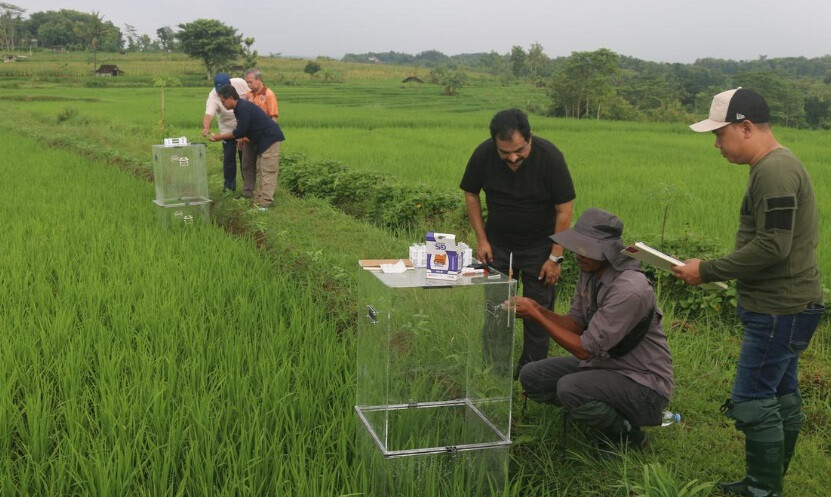
Researchers at Temasek Life Sciences Laboratory (TLL) in Singapore have developed a sustainable rice farming method to reduce the impact of rice cultivation on climate change and meet the growing demand for rice. The project, named "Decarbonising Rice," aims to reduce methane emissions, conserve water, and increase rice yields. This innovative project was recognized for its value by receiving the Global Alliance for Action (GAEA) Prize from the World Economic Forum (WEF) in January in the category of Climate, Nature, and Resilience Science.
Key Research Findings and Achievements:
Reduction of Methane Emissions: Traditional paddy rice cultivation accounts for approximately 10% of global human-induced methane emissions. Researchers have successfully reduced methane emissions by up to 50% through the use of climate-resilient rice varieties, improved water management, enhanced soil microbial communities, and methane emission monitoring.
Water Conservation: The introduction of drip irrigation has reduced water consumption by up to 50%.
Increased Yields: Optimized fertilizer practices and climate-resilient rice varieties have increased rice yields by up to 10%.
Development of Climate-Resilient Rice Varieties: Rice varieties such as Temasek Rice, which are resistant to flooding and can survive without water, have been developed.
Test Cultivation in Diverse Environments: Test cultivation has been conducted in various countries, including Singapore, Tamil Nadu in India, Laos, India, and Indonesia, to confirm applicability in diverse environments.
Future Plans:
Researchers aim to validate decarbonized rice cultivation methods on small-scale farms and establish sustainable, low-carbon rice cultivation practices.
Plans are in place to expand the project in collaboration with farmer groups, growers, millers, businesses, and governments.
Expected Impacts:
Effective response to climate change through the reduction of greenhouse gas emissions.
Enhanced sustainability of agriculture through increased productivity and improved resilience to extreme climates.
Improvement of livelihoods and economic stability for small-scale farmers by providing them with technology.
[Copyright (c) Global Economic Times. All Rights Reserved.]






























